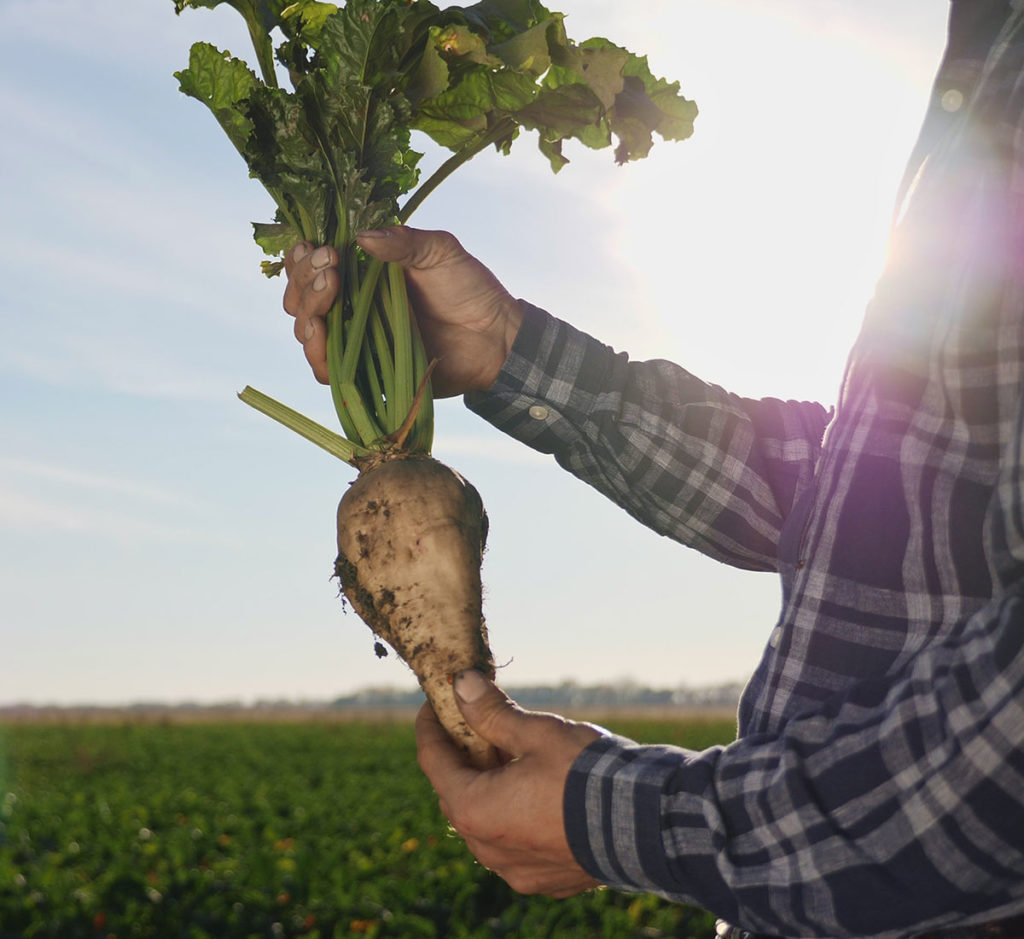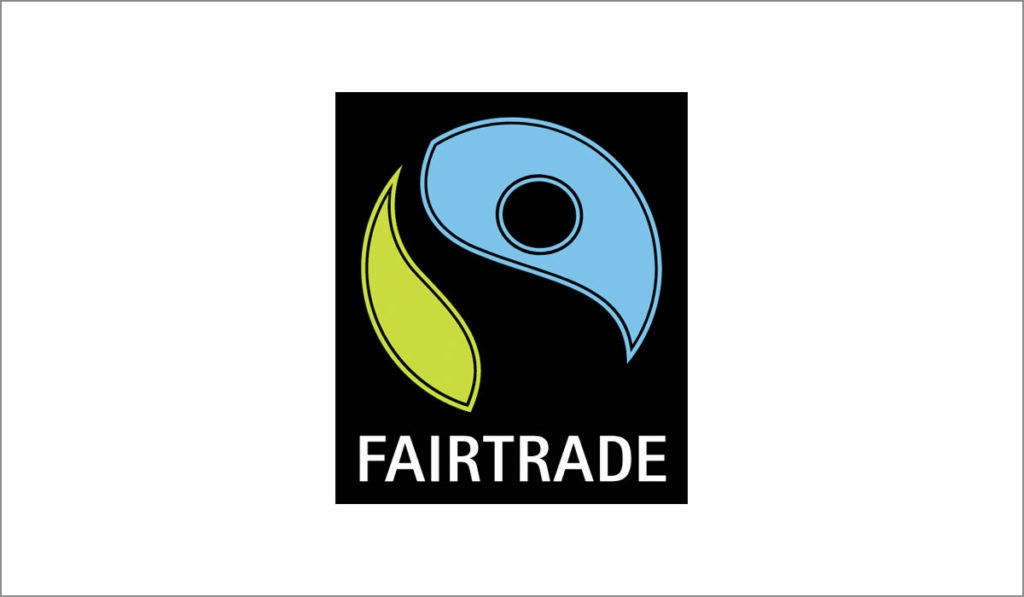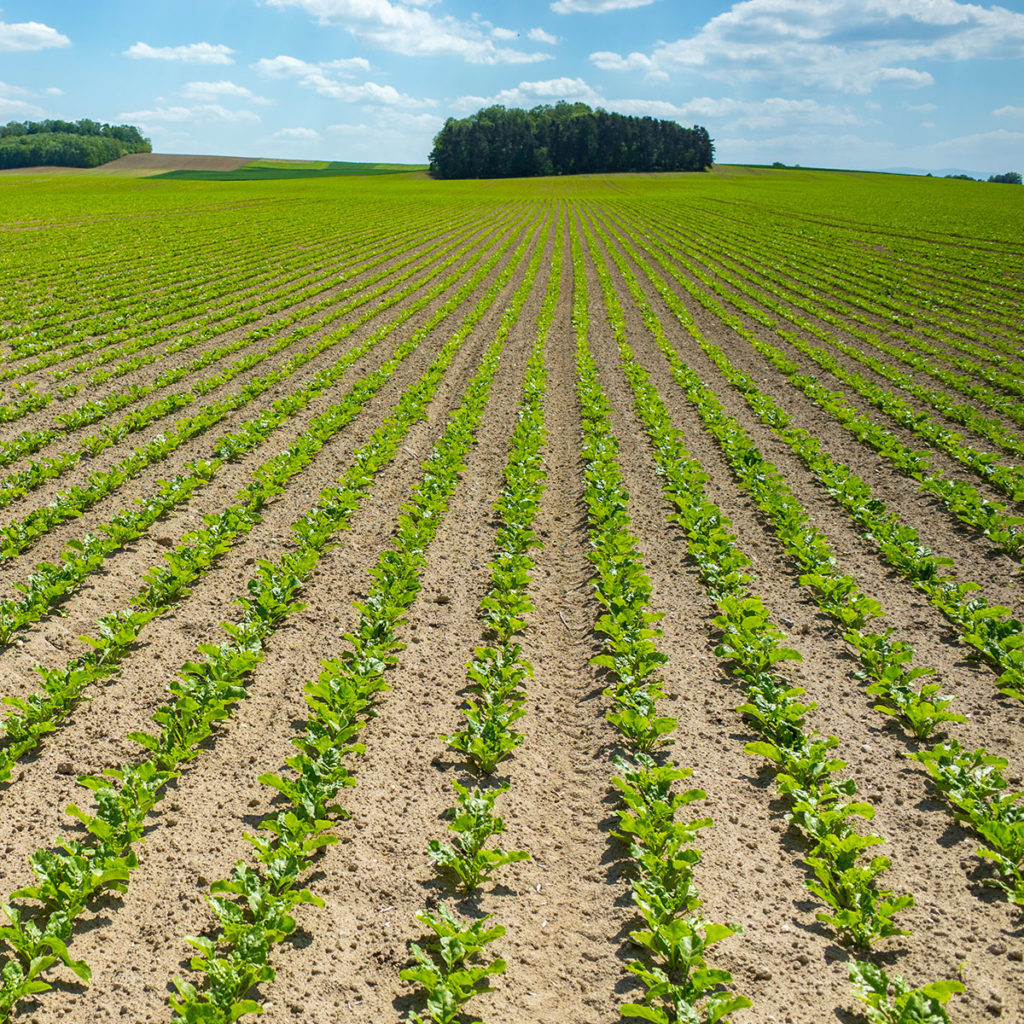Fairtrade sugar
By purchasing Fairtrade sugar from the wholesale trade, you support ethical working conditions, the improvement of living standards and the protection of people and the environment.

Importance of beet and cane sugar for trade
The most common table sugar available in Germany is made from sugarbeet, which grows in Europe’s temperate climate. However, the global sugar market is dominated by another renewable resource: sugarcane. This plant needs a warm climate with temperatures above 25 °C to grow and can therefore only be cultivated for sugar production in tropical and subtropical regions. Cane and beet sugar are chemically identical, which is why no distinction is made between the refined sugar varieties.
Global sugar consumption is steadily growing every year. As a result, the production quantities of the two main sugar varieties are also increasing. Cane sugar has been responsible for the growth in global sugar production since the end of the 1980s. Today, sugar is one of the most important commodities worldwide; around a third of the quantities produced end up on the world market.
Fairtrade sugar:
programme for social, economic and ecological standards
Fairtrade is a label used worldwide that is committed to the establishment of, and compliance with, social, economic and ecological standards. Certified products, such as Fairtrade sugar, bear the Fairtrade label in the retail and wholesale trade.
Social standards help support small-scale farmers in the countries of origin. These criteria encompass a ban on discrimination, defined working conditions, a prohibition of child labour and the promotion of union organisations.

Ecological standards primarily focus on environmental protection. They include the promotion of organic cultivation, the protection of natural resources and a ban on pesticides and genetically modified crops.
The economic standards of the Fairtrade programme impose requirements on distributors and producers. They are required to use the label, pay minimum Fairtrade prices and premiums as well as transparently disclose trade relations.
Origin and cultivation of Fairtrade sugar

In Africa, Latin America and Asia, many farming families are dependent on cane sugar production, but often the income they receive is not enough to cover the production costs. One of the reasons for this is that most of the value creation only occurs in the subsequent production steps. The sugar policy of the EU is likewise problematic; its protection of European sugarbeet production results in competition. Many workers are thus affected by poor working conditions and living standards. What’s more, the Fairtrade programme addresses the problem that many farmers of sugarcane use pesticides, which are harmful to people and the environment.
The origin of Fairtrade sugar can now be found in 19 countries. Altogether, the programme supports more than 62,000 small-scale farmers who cultivate the raw materials for sugar. The Fairtrade premiums generated amount to over ten million euros and this money is invested in education, health and infrastructure as well as measures intended to increase productivity. The proportion of Fairtrade sugar sourced from organic cultivation is growing and stood at around 13 percent in 2013.
Mass balance in Fairtrade sugar
The Fairtrade programme allows what is known as a mass balance for selected products. This principle permits fairly traded resources to be mixed with conventional productions without the Fairtrade label. Companies are obliged to precisely document the amount of Fairtrade resources and to only include the label for products with a corresponding amount of these resources. A mass balance is allowed for Fairtrade sugar, tea, fruit juice and cacao. This rule primarily supports farmers with low harvest yields, who would otherwise be unable to find a buyer for their products. Fairtrade distinguishes between a mass balance of sugar at a single location and a mass balance at multiple locations. Segregation of the sugar makes this physically traceable.
Our Fairtrade sugar is certified:

Buy Fairtrade sugar from wholesaler August Töpfer & Co.
If you decide to buy fairly traded sugar, you’ll be making a contribution towards improving the living standards and working conditions of farming families in Latin American, Asian and African countries. Furthermore, you’ll be playing a part in supporting environmental protection and avoiding the use of pesticides. At wholesaler August Töpfer & Co., you can find various sugar products in organic quality, such as Cane sugar, Coconut sugar as well as Icing sugar.
